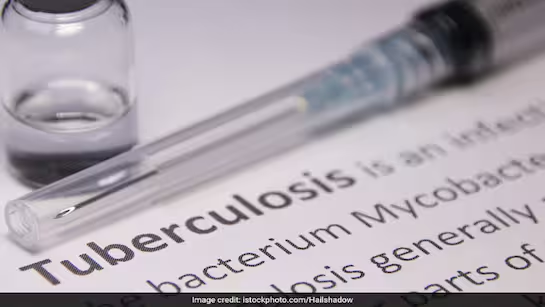In 2023, tuberculosis (TB) regained its place as the world’s leading cause of infectious disease-related deaths, surpassing COVID-19, according to a recent World Health Organization (WHO) report.
This concerning development underscores the ongoing global struggle to eradicate TB, a disease that continues to impact millions despite significant progress in treatment and diagnosis.
The WHO report revealed that approximately 8.2 million people received a TB diagnosis in 2023, allowing them to access appropriate treatment.
This represents the highest number of new diagnoses recorded since the organization began global monitoring in 1995 and marks an increase from 7.5 million cases identified in 2022. Nevertheless, the goal of global TB eradication remains out of reach, as persistent challenges such as underfunding hamper the fight against the disease.
Dr. Tedros Adhanom Ghebreyesus, WHO Director-General, expressed frustration over TB’s ongoing toll: “The fact that TB still kills and sickens so many people is an outrage, when we have the tools to prevent it, detect it, and treat it.”

While the total number of TB-related deaths decreased slightly, from 1.32 million in 2022 to 1.25 million in 2023, the disease still affected an estimated 10.8 million people globally—a slight increase from the previous year.
READ ALSO: Hezbollah Appoints Naim Qassem As Hassan Nasrallah’s Successor
Low- and middle-income countries, home to 98% of the global TB burden, continue to face severe funding shortages. These regions struggle with insufficient resources to manage TB effectively, perpetuating health disparities and putting considerable strain on already overburdened health systems.
According to WHO data, the funding gap between actual cases and those documented has narrowed since the COVID-19 pandemic, falling from an estimated 4 million in 2020 and 2021 to 2.7 million in 2023. However, this progress is tempered by the emergence of multidrug-resistant TB, which poses a grave public health threat.
The report highlights that while advancements have been made in TB diagnosis and treatment, efforts to meet global targets remain off-track. WHO has set milestones for disease reduction by 2027, but considerable strides are needed to meet these benchmarks.
Current data reveals the urgent need for a reinvigorated approach, including increased financial support, to ensure that preventive measures, early detection, and comprehensive treatment options are accessible to all affected communities.
As global health organizations and policymakers assess the path forward, the WHO report serves as a critical reminder that the fight against tuberculosis requires ongoing commitment and support.
Addressing TB effectively will demand a cohesive global strategy, with a focus on equitable access to resources, improved healthcare infrastructure, and targeted interventions to combat multidrug-resistant strains.

